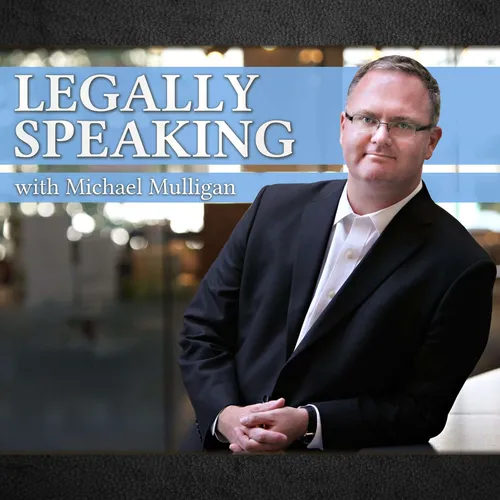ICBC no fault insurance and the Civil Resolution Tribunal
- Author
- Michael Mulligan
- Published
- Thu 08 Oct 2020
- Episode Link
- None
The mandatory ICBC no-fault insurance system that has been proposed for British Columbia is intended to save money by no longer spending time determining who was at fault in an accident.
Someone who caused an accident would receive the same benefits as the person they crashed into.
Disputes would, however, still arise with respect to how seriously some was injured, or how much compensation they should be provided. It just wouldn’t matter if the person caused the accident or not.
Currently, if someone has a dispute with ICBC, they would be entitled to go to court to have a judge decide what they are entitled to.
The no-fault scheme would also prevent people from going to court in most circumstances, and disputes would be resolved by an entity called the Civil Resolution Tribunal.
The Civil Resolution Tribunal was established to deal with minor strata disputes and very small civil claims of less than $5,000. It operates online in a fashion similar to a PayPal or eBay dispute resolution system.
For very minor disputes, like those for which the Civil Resolution Tribunal was intended, this makes sense because deputes can be resolved quickly and inexpensively. Not every strata dispute over a BBQ on a patio needs to go to court.
The Civil Resolution Tribunal is not, however, an appropriate mechanism to resolve more serious disputes that involve the provincial government, or ICBC, which is entirely owned by the provincial government.
Unlike judges, who are appointed for life, and are independent of government, the adjudicators who work for the Civil Resolution tribunal are appointed by the government on renewable, short term, contracts of between 2 and 4 years.
Someone who is dependent on the government for continued employment should not be deciding disputes that involve the government.
If you had a dispute with your neighbour, you would not want someone employed by your neighbour to decide the issue.
As of April 1, 2019, the provincial government gave the Civil Resolution Tribunal authority to decide disputes with ICBC involving up to $50,000.
A review of Civil Resolution Tribunal decisions from July 1, 2020, until October 7, 2020, shows that of 30 disputes involving ICBC, 27 were decided in favour of ICBC, and 3 were decided against ICBC.
Whether or not ICBC no-fault insurance is a good idea, disputes with a government-owned insurance company should not be decided by people who depend on the government for continued employment.
Also discussed on the show is a decision of the British Columbia Court of Appeal overturning a first-degree murder conviction.
The conviction was based on entirely circumstantial evidence after the accused’s wife drowned in a lake.
The central issue on the appeal was the use a jury could make of statements the accused provided to the police concerning how his wife drowned.
Ordinarily, if a statement by an accused person is disbelieved, it’s no evidence of any kind. Only in limited circumstances can a disbelieved statement be treated as evidence of guilt.
Follow this link for a transcript of the show and links to the cases discussed.
